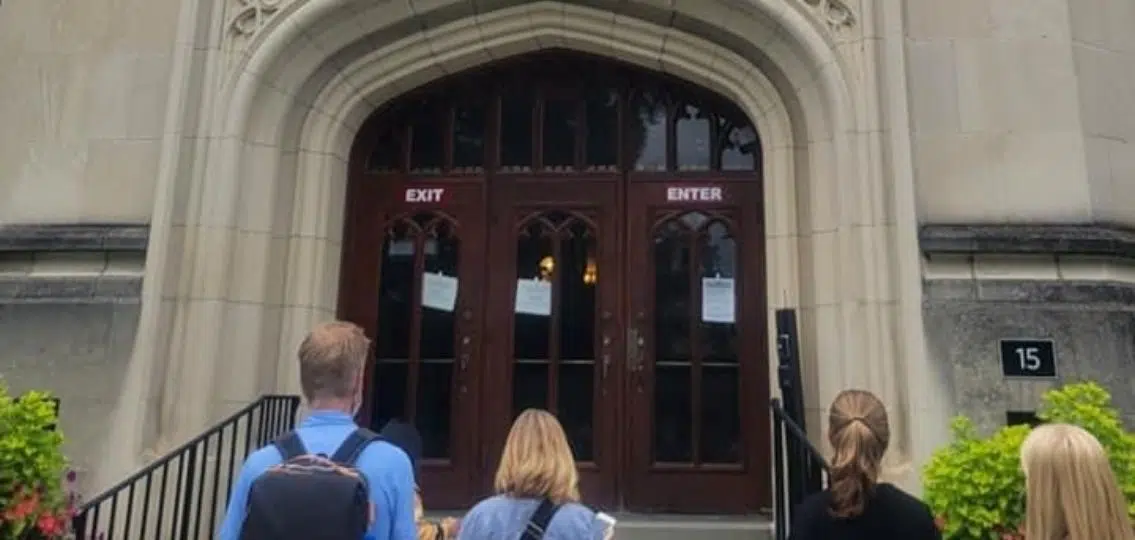Many families approach college counselors with an inaccurate understanding of admissions. Let’s identify and debunk the most often-heard falsehoods!
Our Top 10 College Admission Myths
1. “It’s much less expensive to attend a state’s public university than a private university.”
FALSE! My last student who initially believed this just enrolled at Vanderbilt University, which was a much cheaper option than her state school. Many private universities award enormous need-based or merit scholarships, resulting in a lower cost of attendance than state colleges.
2. “I won’t qualify for need-based aid, and as a ‘B/C’ student, I can’t get any merit scholarships.”
FALSE! Numerous colleges discount their “sticker price” as a way to entice students to attend. We’ve had multiple students who haven’t performed to their potential in high school, yet they still received scholarships of $30k or more per year.
3. “I need to take both the ACT and the SAT because some colleges prefer one over the other.”
FALSE! Students should select the ONE test that they can perform best on, and then devote all their efforts to studying for it. Plan to take the test twice. Three times is too many.
4. “My school doesn’t offer many AP courses, so I need to self-study and take AP exams on my own.”
FALSE! Colleges evaluate students in the context of their high schools. If your school doesn’t offer an AP curriculum, colleges don’t expect you to study for AP exams on your own. You can highlight your intellectual curiosity in other ways besides showing you excel at taking tests.
5. “Colleges say they’re test optional, but they actually prefer to see a test score—which means, you reduce your admission chance if you don’t submit one.”
FALSE! The majority of U.S. colleges are test optional, meaning that if you believe your test score doesn’t reflect your ability, you can apply without sending your scores. Admission officers are adept at reading and evaluating your application based on other criteria. There are some colleges that are, what I call, “reluctantly test optional,” but they’re in the minority. We’ve had students apply without test scores and get accepted into highly selective universities.
6. “If I attend a Brown University summer program (or Columbia, Penn, Harvard…fill in the blank), it will increase my chances of acceptance into the college.
FALSE! These pay-to-play programs are money-makers for the university. The only thing they demonstrate to admissions is that you’re able to afford the summer program. These programs don’t increase your chances of acceptance.
7. “Colleges have quotas on how many students they can admit from each high school.”
FALSE! Admission officers can take multiple students from a given high school, or even choose to take no one from that school; it all depends on the quality of the applicant pool each year. There is no pre-set number assigned to each school.
8. “GPA matters more than rigor. I’m going to skip AP U.S. History because I might get a ‘B+,’ and I know it will look better to earn an ‘A’ in the regular U.S. History course.”
FALSE! Rigor matters! Universities want to see that students are prepared to succeed in college-level courses. Challenge yourself when choosing your classes, but don’t select an overwhelming schedule.
9. “My academic stats (GPA, rigor, standardized test scores) align with the average student the college accepts, so it’s a ‘likely’ school for me, and I expect I’ll be admitted.”
FALSE! The majority of students applying will fit the academic criteria and be deemed capable of succeeding. Since there aren’t enough spots for all qualified students—just look at the acceptance rates—most applicants meeting the college’s standards will be rejected. Be aware that many colleges take a “holistic” approach to admissions and evaluate numerous factors beyond the student’s academic record.
10. “I know this college will accept me. They’re emailing me every other week and sending beautiful brochures and swag in the mail.”
FALSE! This is called marketing! The colleges purchase thousands of names from various resources and create form letters to entice students to apply. Without knowing anything about you, they might say, “We know you’ll be a leader on our campus,” or “We’re eagerly anticipating your application.” Colleges want as many applicants as possible. Since they rarely increase the number of seats, more applications mean more rejections. And the more students a school rejects, the more selective they appear to be.”
Knowledge is power. I believe if you want to put your best effort into your college applications, then it’s important to have accurate information. Like life, college admission is not always fair, nor is it a meritocracy. But the selection process isn’t random, either. Stay informed so you can make great choices!




